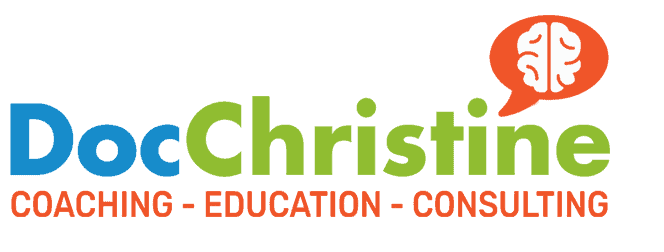Depression – What to Do Except for Antidepressants?
When it comes to depression and many other mental health issues, the first treatment recommended by conventional physicians is medication. In fact, antidepressants are among the most commonly prescribed drugs today. But there is increasing evidence that these medications are not as effective as we think.
Additionally, these medications come with a ridiculously long list of side effects. All these side effects can make your overall health decrease even more. While antidepressants work for some, they aren’t necessarily right for everyone. So what are some alternatives to antidepressants?
1. Potential Harm of Antidepressants
Before we get into the alternatives, let’s talk about why antidepressants may not be the best option for you. Antidepressants are also known as selective serotonin reuptake inhibitors (SSRIs). And certain brands like Zoloft, Paxil, Lexapro, and Celexa, were actually found to be linked to symptoms of mania or bipolar disorder.
Additionally, research shows that SSRIs may also be contributing to suicide. These findings certainly raise many questions and make it pretty evident that antidepressants aren’t always the best treatment option. So what are some drug-free approaches to depression?
2. Exercise
One of the more effective ways to treat depression is by making some lifestyle changes. And of course, this means getting some moderate exercise. After all, our bodies were meant to move. Additionally exercise also releases endorphins, which are mood enhancers. However, it can be difficult to get up and exercise when you are depressed.
If you are having problems getting motivated to exercise ask for help from friends or co-workers, your health coach, find a workout buddy, or recruit someone to walk with you at lunch. Having this extra little support will give you motivation and make the experience a lot more pleasant.
3. Nutrition
Eating right should be a top priority, especially if you suffer from depression. Eating the right foods can help you feel
Well, in short, eating the right foods provides the nutrients your body needs to fight off inflammation in your brain, which often leads to depression. Foods like dark leafy greens, berries, avocados, and tomatoes should be on the top of your list. Additionally, you should try your best to limit your caffeine and sugar consumption.
4. Supplements
Surprisingly, Vitamin D deficiency can be a huge contributor to depression, heart disease, and many other health risks. Studies have consistently shown that low levels of vitamin D have a significant effect on a person’s mental health. So make sure to check your Vitamin D levels! And there are other nutritional supplements like fishoil and probiotics, that in the right person and the right dosage have an effect equal or greater as drugs without the side effects.
Contact me for an evaluation and supplement recommendations for your individual case!
The Drug-Free Depression Approach Takeaway
Some other drug-free depression approaches include meditation, therapy, and quality of sleep. All in all, antidepressants aren’t for everyone. Often times the best thing you can do is make some changes in your lifestyle for the better to help manage stress and depression.
Have you experienced chronic fatigue? Then I encourage you to visit my website.
